Grants expand telehealth services in Hawaii
Funding allows safety net organizations to expand virtual care to underserved communities beyond the pandemic.
HONOLULU — Virtual health care options have become critical during the COVID-19 pandemic, and organizations that serve low-income and uninsured patients have dramatically increased their use of virtual care, or telehealth, to reduce potential exposures. Through its support of the Virtual Care Innovation Network, Kaiser Permanente is bringing together safety net organizations — community-based organizations such as federally qualified health centers, or FQHCs, and others — to redesign care so that virtual care models can continue beyond the pandemic.
In Hawaii, Kaiser Permanente has donated a total of $143,000 to 4 safety net organizations that are focused on expanding virtual care to low-income and homeless communities across the state. Community Clinic of Maui and Hawaii Health and Harm Reduction Center will each receive a $57,000 grant. Kokua Kalihi Valley Comprehensive Family Services will receive a $12,000 grant, and West Hawaii Community Health Center will receive a $17,000 grant.
Overall, Kaiser Permanente has awarded $2.37 million to 59 safety net organizations across its footprint to ensure that the people with low incomes who are uninsured and benefit from their care have continued access to virtual care.
“The Virtual Care Innovation Network funding has helped our health centers in Hawaii expand access to virtual care through homeless outreach programs and also street medicine programs,” said Robert Hirokawa, DrPH, chief executive officer of the Hawaii Primary Care Association. “The grant has helped health centers bring care to their patient’s doorstep, thus reducing barriers to access and addressing digital equity for vulnerable patients.”
“Virtual care has the potential to dramatically enhance access to high-quality care for underserved populations across our state,” said John Yang, MD, president and medical director for the Hawaii Permanente Medical Group. “We deeply appreciate the work of these safety net organizations to bridge this need in our communities and help achieve health equity for the people of Hawaii.”
Shifting to virtual care during COVID-19 required safety net organizations to adopt new technologies, overhaul workflows, and redefine staff roles in an expedited timeframe. The Virtual Care Innovation Network will enable these organizations to learn from peers and experts, test new approaches, accelerate the work they have already started, and develop approaches to sustain virtual care delivery into the future.
About Kaiser Permanente
Kaiser Permanente is committed to helping shape the future of health care. We are recognized as one of America’s leading health care providers and not-for-profit health plans. Founded in 1945, Kaiser Permanente has a mission to provide high-quality, affordable health care services and to improve the health of our members and the communities we serve. We currently serve almost 12.5 million members in 8 states and the District of Columbia. Care for members and patients is focused on their total health and guided by their personal Permanente Medical Group physicians, specialists, and team of caregivers. Our expert and caring medical teams are empowered and supported by industry-leading technology advances and tools for health promotion, disease prevention, state-of-the-art care delivery, and world-class chronic disease management. Kaiser Permanente is dedicated to care innovations, clinical research, health education, and the support of community health.
-
Social Share
- Share Grants Expand Telehealth Services in Hawaii on Pinterest
- Share Grants Expand Telehealth Services in Hawaii on LinkedIn
- Share Grants Expand Telehealth Services in Hawaii on Twitter
- Share Grants Expand Telehealth Services in Hawaii on Facebook
- Print Grants Expand Telehealth Services in Hawaii
- Email Grants Expand Telehealth Services in Hawaii
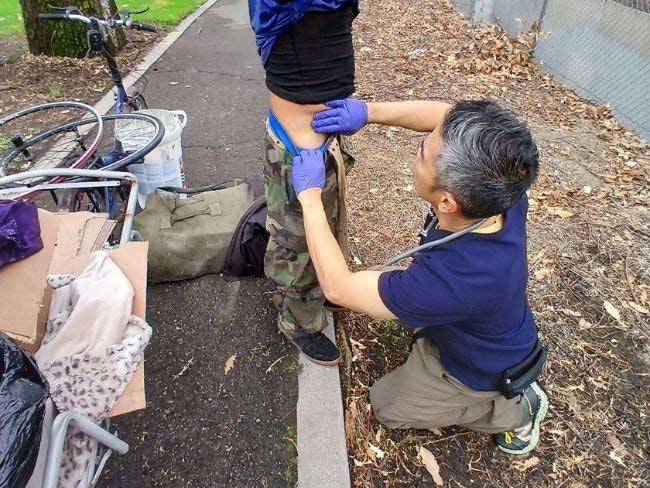
April 21, 2025
A heart for helping others
A Kaiser Permanente doctor is passionate about providing medical care and …
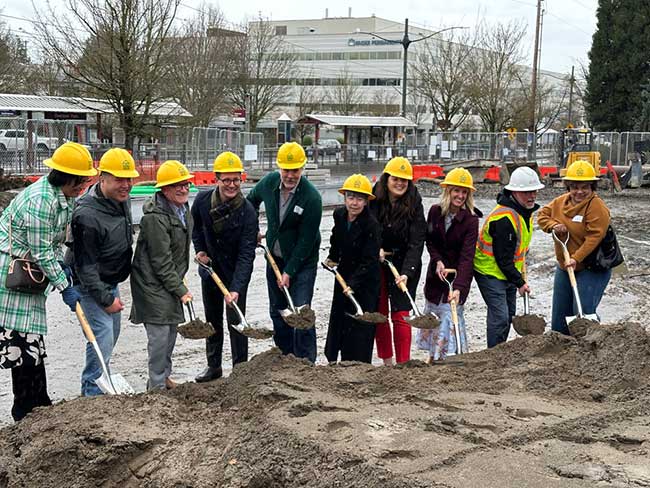
April 15, 2025
3 ways we’re helping build and preserve affordable housing
Good health starts with having a safe, affordable place to live.

March 27, 2025
We’re committed to mentorship, mental health, and communities
Kaiser Permanente awarded Elevate Your G.A.M.E. a grant to expand program …

December 26, 2024
How telehealth can make life easier for people with cancer
Virtual care connects cancer patients like Rob Tufel to a wide range of …

November 18, 2024
Grant supports Colorado Safe Futures Fund
Through public health initiatives, $95,000 will be used to prevent firearm …
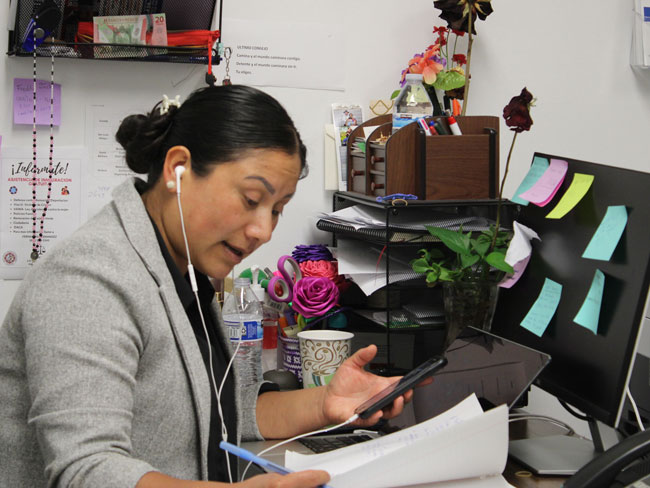
November 11, 2024
Health care coverage now accessible to uninsured people
Indigenous farmworkers may qualify for new Kaiser Permanente coverage.

October 29, 2024
Paid internships support future public health leaders
Valedictorian uses bilingual-bicultural fluency to connect with community …

October 15, 2024
Our dedication to fostering well-being and equity
The 2023 Kaiser Permanente Southern California Community Health County …

August 29, 2024
Living longer and better lives
Kaiser Permanente in Southern California invests $10 million in Riverside …

July 26, 2024
Collaboration transforms care for older adults
Our partnership with ONEgeneration aims to prevent homelessness and improve …

July 23, 2024
Increasing resources to house single-parent families
Warren Village expands its efforts to transform Denver’s affordable housing …

July 16, 2024
Teacher residency program improves retention and diversity
A $1.5 million Kaiser Permanente grant addresses Colorado teacher shortage …

July 11, 2024
Transforming education and mental health in Watts
Our investment in the Watts neighborhood of California, in partnership …
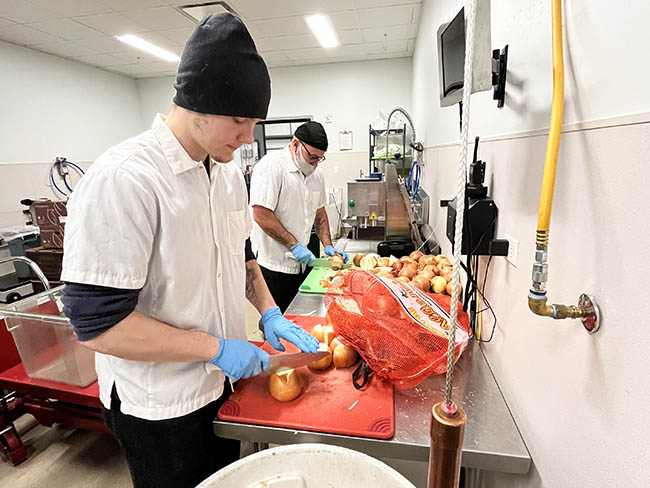
July 10, 2024
Grant to help make school lunches healthier for kids
Chef Ann Foundation will use $275,000 grant for Colorado program to convert …

July 2, 2024
Reducing cultural barriers to food security
To reduce barriers, Food Bank of the Rockies’ Culturally Responsive Food …

June 28, 2024
Health Action Summit highlights mental health opportunities
The Kaiser Permanente Colorado Health Action Summit gathered nonprofits, …

June 19, 2024
Investments in Black community promote total health for all
Funding from Kaiser Permanente in Washington helps to promote mental health, …

March 26, 2024
Donations assure access to affordable health care
Kaiser Permanente grant and challenge spark $18.7 million for Denver Health’s …

February 12, 2024
Proposition 1 would bolster mental health care in California
Kaiser Permanente supports the ballot measure to expand and improve mental …

December 20, 2023
Funding solutions to end gun violence
Researchers and organizations are exploring inventive ways to reduce gun …
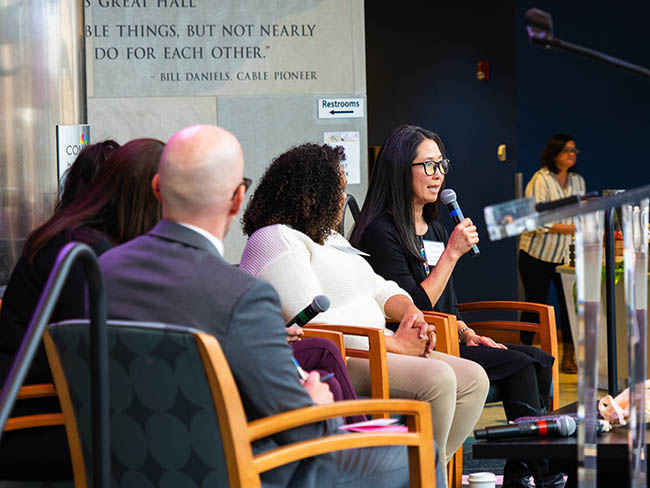
December 12, 2023
Hundreds attend first Food Is Medicine Summit
Attendees look at ways to get healthy food to people who don’t have enough …

December 7, 2023
Safe, secure housing is a must for health
We offer housing-related legal help to prevent evictions and remove barriers …

December 6, 2023
Video prenatal visits are a boon for a busy working mom
A new care option offers a mix of in-person and virtual visits, supported …
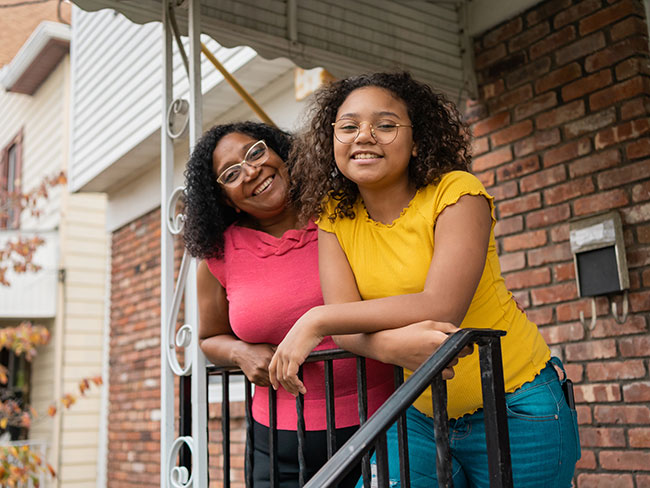
October 19, 2023
Expanding support for housing stability
Innovative medical-legal partnerships keep families in stable housing to …
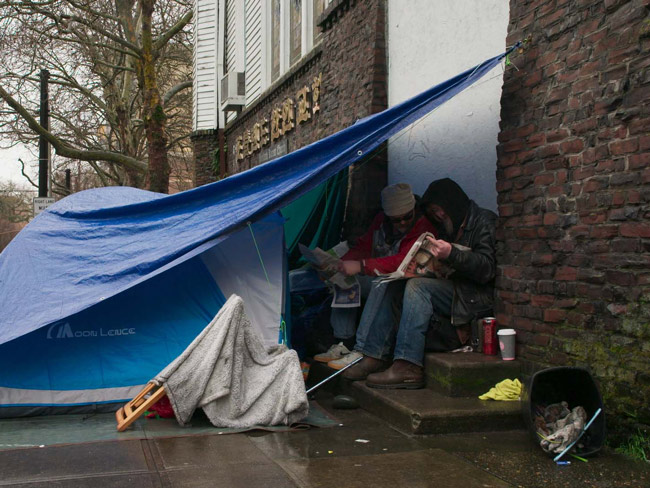
October 19, 2023
Pathways out of homelessness
Season 3 of “The Way Home” documentary series, created with support from …

October 11, 2023
Expanded gun violence prevention efforts
The next phase for the Kaiser Permanente Center for Gun Violence Research …

September 27, 2023
10 school districts receive next round of RISE grants
The Thriving Schools program helps educators and students in Colorado integrate …

September 21, 2023
Researching climate and health solutions
Kaiser Permanente is partnering with the National Academy of Medicine.

September 19, 2023
Is telehealth right for you?
Members give video visits high marks — and with a few simple tips, you …

August 28, 2023
Grants improve the total health of our communities
Kaiser Permanente increases access to mental health services in Southern …

August 22, 2023
Housing and homelessness
Supporting housing to improve health

August 16, 2023
Cervical cancer screening: Exploring the at-home HPV test
Kaiser Permanente is at the forefront of cervical cancer research. Find …

August 10, 2023
Highlighting our community health work in Southern California
The Kaiser Permanente Southern California 2022 Community Health Snapshot …

August 1, 2023
Joining forces to improve community health
The Kaiser Permanente and 211 LA partnership makes strides in improving …

July 3, 2023
A compassionate approach is saving lives and rebuilding hope
Kaiser Permanente Los Angeles Medical Center’s Bridge Program has become …

June 14, 2023
Honored for commitment to people with disabilities
The Achievable Foundation recognized Kaiser Permanente for its work to …

May 30, 2023
Kaiser Permanente commits up to $10 million to Denver Health
Funding comes as Denver Health provided $120 million in uncompensated care …

May 22, 2023
Investing and partnering to build healthier communities
Kaiser Permanente supports Asian Americans Advancing Justice to promote …
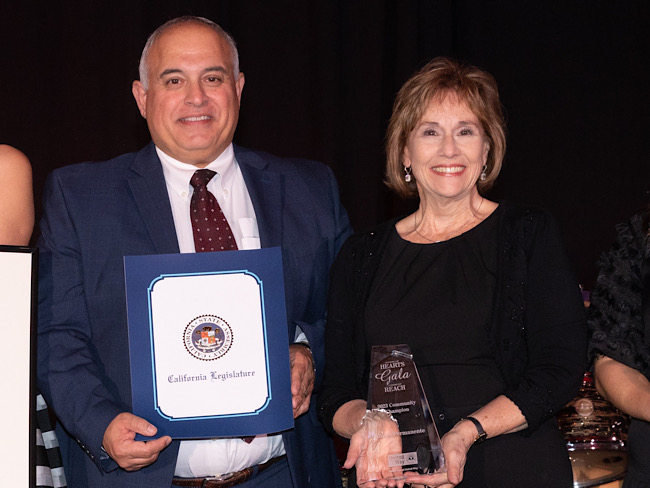
May 19, 2023
Partnering to improve the health of homeless individuals
Grant funds will combat housing inaccessibility and improve health care …

May 16, 2023
How we help people access financial literacy skills
Kaiser Permanente is working with community partners to reduce financial …
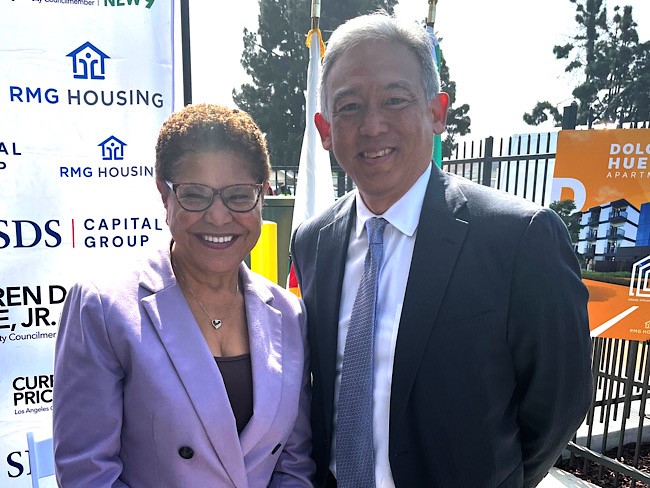
May 3, 2023
Transforming the lives of people experiencing homelessness
Kaiser Permanente recognizes that safe, affordable housing is crucial to …

April 18, 2023
When health and housing combine, good things happen
Kaiser Permanente takes steps to preserve affordable housing and sees successes …

April 7, 2023
Virtual care helps ease physical pain
Kaiser Permanente offers many high-quality, convenient options to help …

April 5, 2023
Housing help brings stability to patients’ lives
With medical-legal partnerships, we’re helping prevent evictions. Patients …
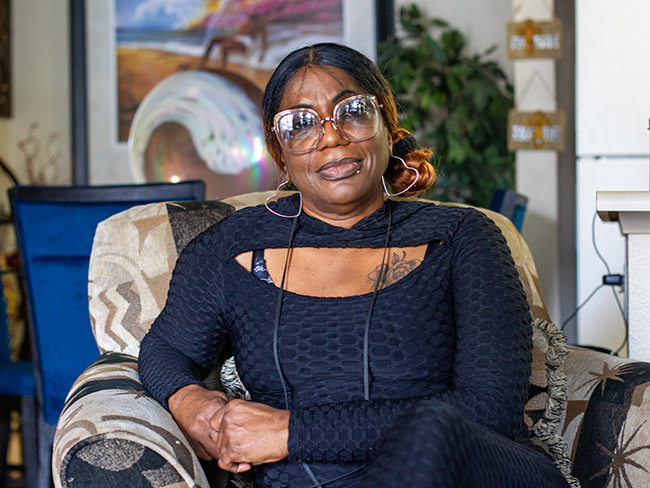
April 3, 2023
Hospital patients who are homeless connected to housing
A Kaiser Permanente program connects patients experiencing homelessness …

March 28, 2023
Sentenced to prison, not a life of bad health
Reentering society after serving time can land people in unhealthy situations. …
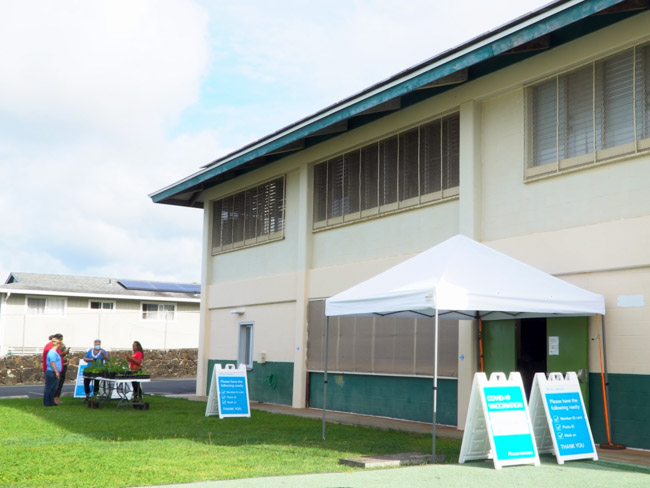
March 2, 2023
Improving the health of the community
Kaiser Permanente awards $80,000 in grants for health policy and community …

February 23, 2023
Grants help spur economic opportunity
Kaiser Permanente funds programs to improve the overall health of the community.

February 17, 2023
Good health starts in our communities: 2022 by the numbers
Kaiser Permanente supports total health in our communities in partnership …
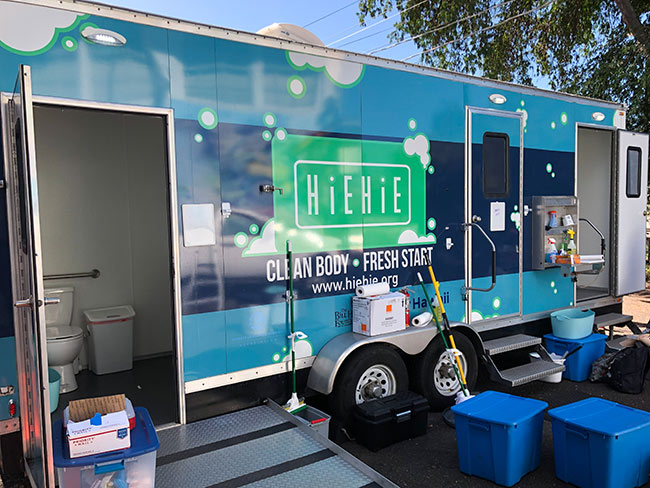
February 3, 2023
Addressing health and housing insecurity
Kaiser Permanente supports 3 Hawaii-based nonprofits.

February 2, 2023
Addressing social isolation in the Northwest
Kaiser Permanente invests $3.3 million to build healthy social connections …

January 17, 2023
Lawmakers must act to boost telehealth and digital equity
Making key pandemic-era telehealth policies permanent and ensuring more …
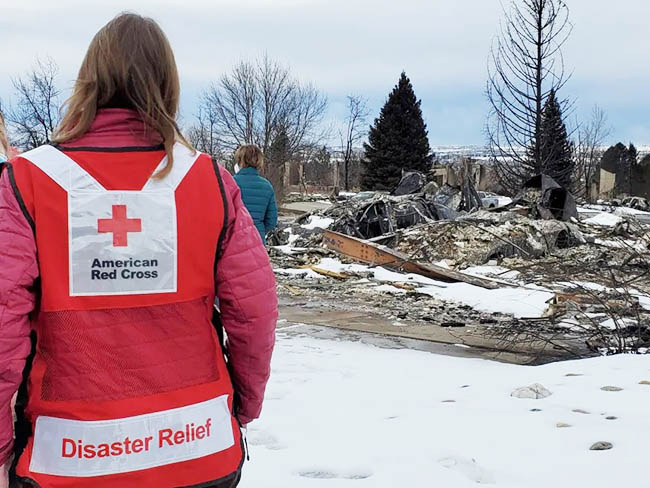
January 17, 2023
Increasing community resilience with disaster readiness
Kaiser Permanente partners with the American Red Cross to help address …

December 22, 2022
Denver earns an overall gold medal
CityHealth recognizes Denver for its leadership in supporting policies …

December 15, 2022
Helping provide teens a brighter future
Kaiser Permanente grants $150,000 to three community nonprofits.
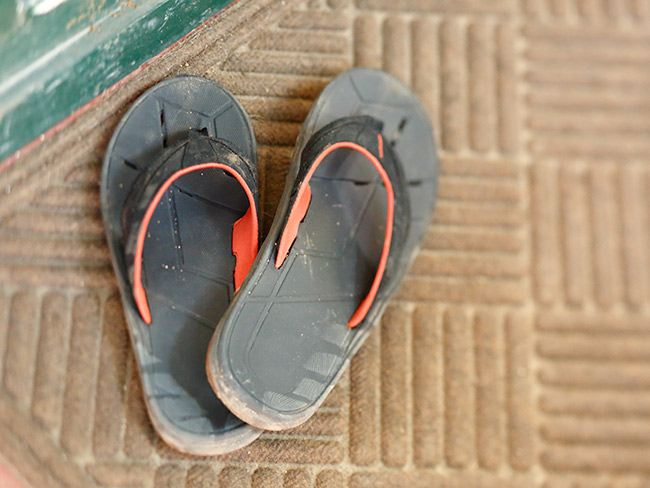
December 2, 2022
Addressing homelessness and changing lives
Kaiser Permanente funds innovative projects on Oahu.

November 17, 2022
Addressing housing insecurity
Kaiser Permanente funds 2 grants for Hawaii-based nonprofits.

November 14, 2022
It’s time to rethink health care quality measurement
To meaningfully improve health equity, we must shift our focus to outcomes …

November 11, 2022
High-quality, equitable care
We believe everyone has a right to good health.
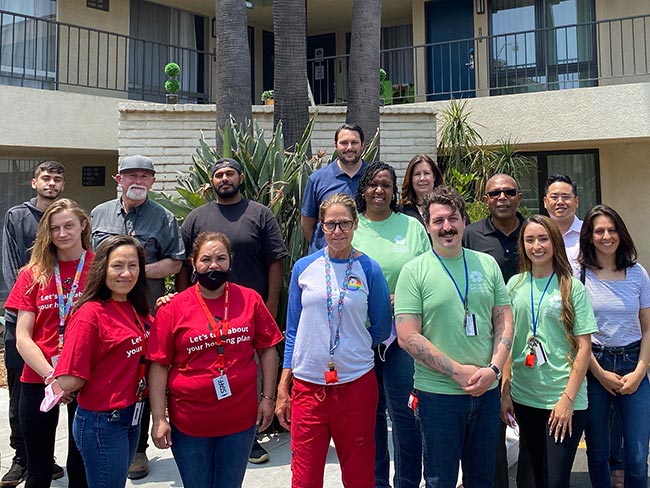
November 8, 2022
A shared goal: Ending homelessness in California
Where you live impacts your health. With a new $1.5 million grant, we’re …
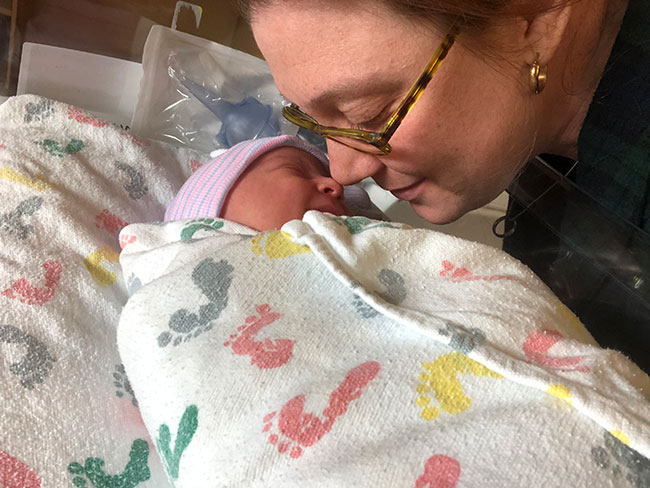
September 27, 2022
Maternity appointments from the comfort of home
New care option offers pregnant patients a mix of in-person and video visits.

August 24, 2022
Grant to Aloha Harvest supports food security
Grant of $50,000 will provide 1,000 healthy meals to individuals with low …
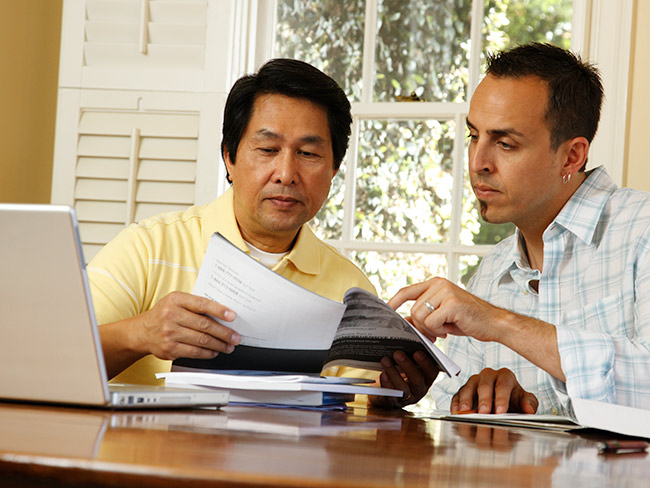
August 19, 2022
Improving financial literacy
Kaiser Permanente announces $50,000 grant to Goodwill Hawaii.
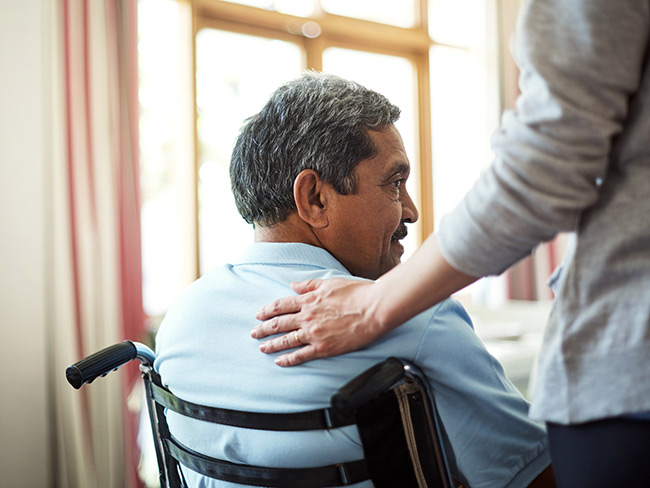
August 18, 2022
Homeless and sick: Medical respite centers offer vital care
Working with our communities, we’re supporting centers that offer short-term …

July 19, 2022
Connecting people to financial coaching
Debt, bad credit, and other money matters can affect a person’s physical …

June 23, 2022
Collaborative care for serious mental health conditions
An innovative telehealth program gives patients direct access to pharmacists …
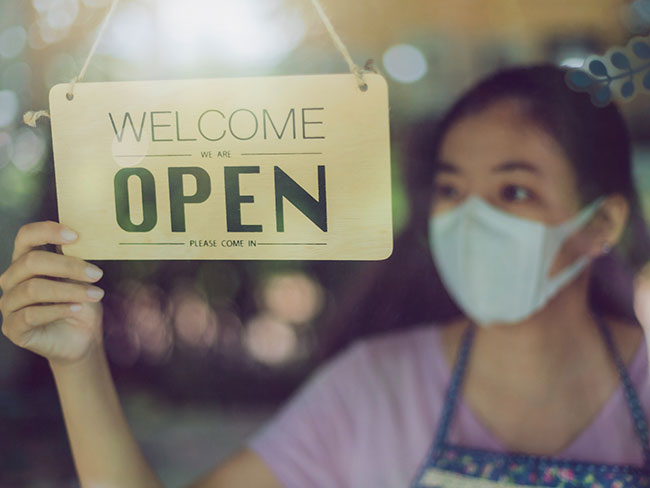
May 27, 2022
Grants help AAPI communities and businesses
Kaiser Permanente is working with community organizations and businesses …
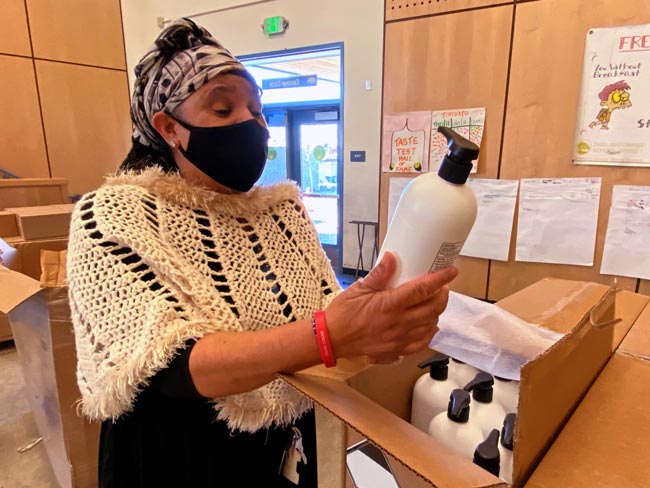
May 4, 2022
Donated supplies keep community organizations pandemic-ready
We donated over $28 million worth of face masks, hand sanitizer, and other …
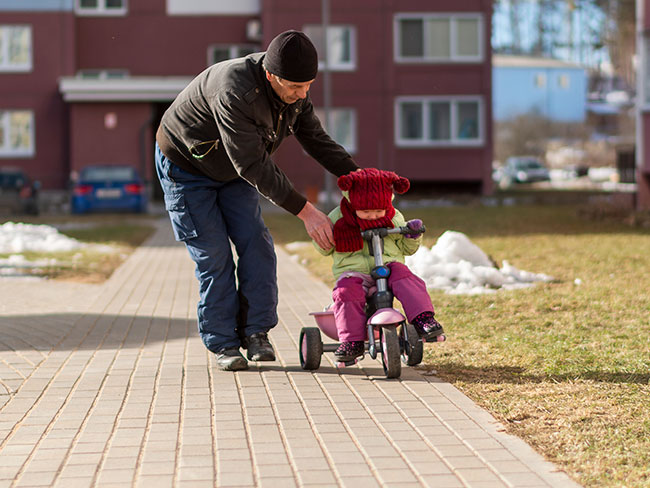
February 28, 2022
Private investments in housing are critical — and not enough
Public policy changes and private investments together are needed to end …
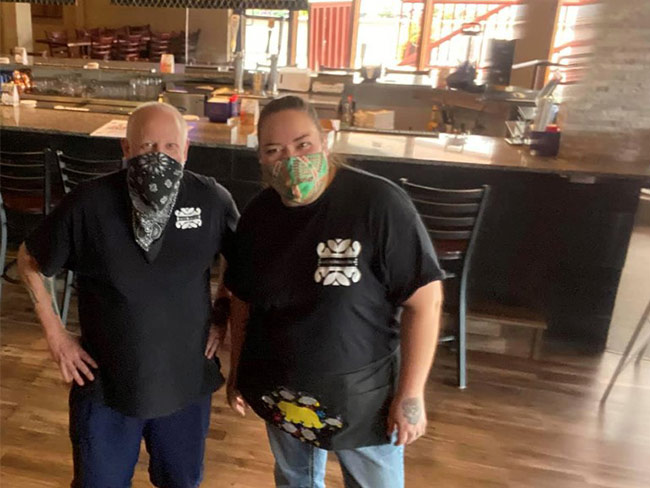
January 25, 2022
Helping small businesses thrive during the COVID-19 pandemic
Kaiser Permanente grants are supporting businesses such as the Carefree …

October 28, 2021
When things fell apart, telehealth was her lifeline
Stuck at home during the pandemic, a Kaiser Permanente member with autoimmune …

August 19, 2021
Supporting small businesses owned by people of color
Kaiser Permanente’s partnership with Local Initiatives Support Corporation, …
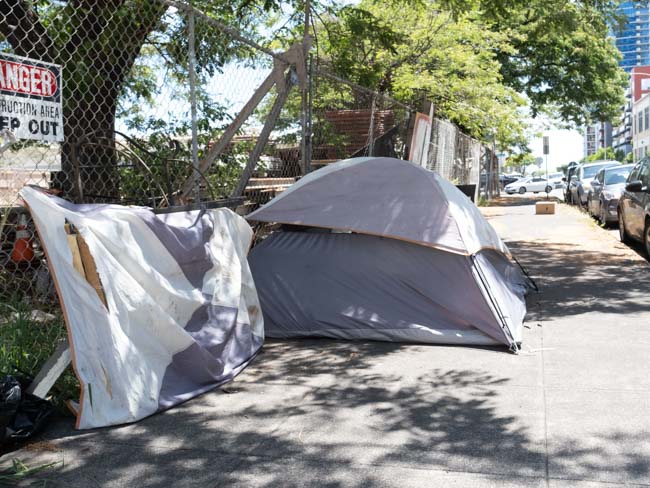
August 18, 2021
$300K donation to house homeless veterans
Funding is part of a $3 million partnership with Community Solutions for …
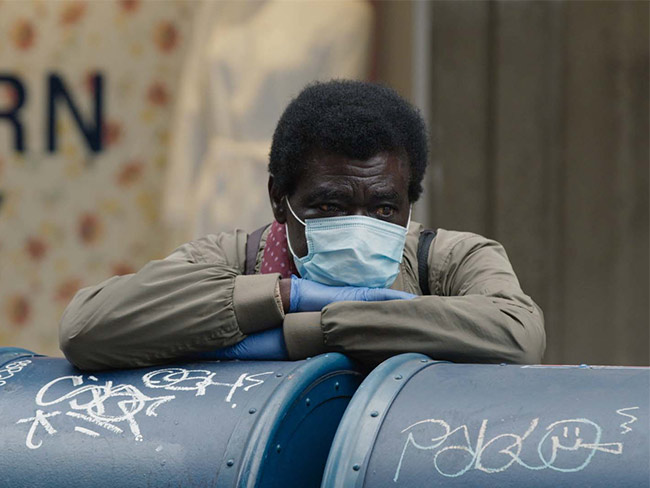
August 17, 2021
Homeless in a pandemic
For people without a safe place to call home, good health is often out …

August 13, 2021
Remote patient monitoring improves care for chronic disease
If you have a chronic condition such as high blood pressure or diabetes, …
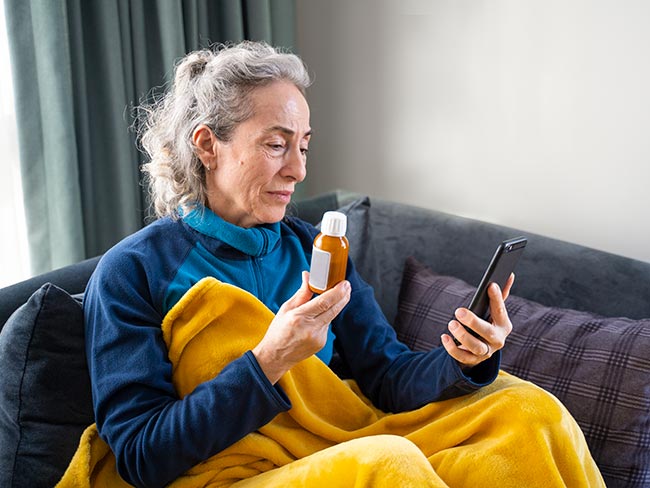
June 8, 2021
Cancer patients and physicians embrace telehealth
Video visits and virtual collaboration speed cancer care transformation …

May 24, 2021
Supporting access to telehealth for vulnerable populations
Kaiser Permanente grants help fund community organizations working to expand …
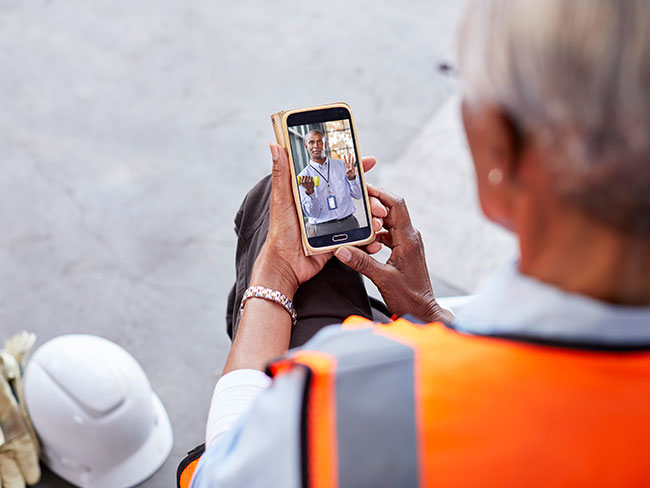
January 15, 2021
The fastest path to care
Available 24/7 with no appointment, e-visits offer Kaiser Permanente members …
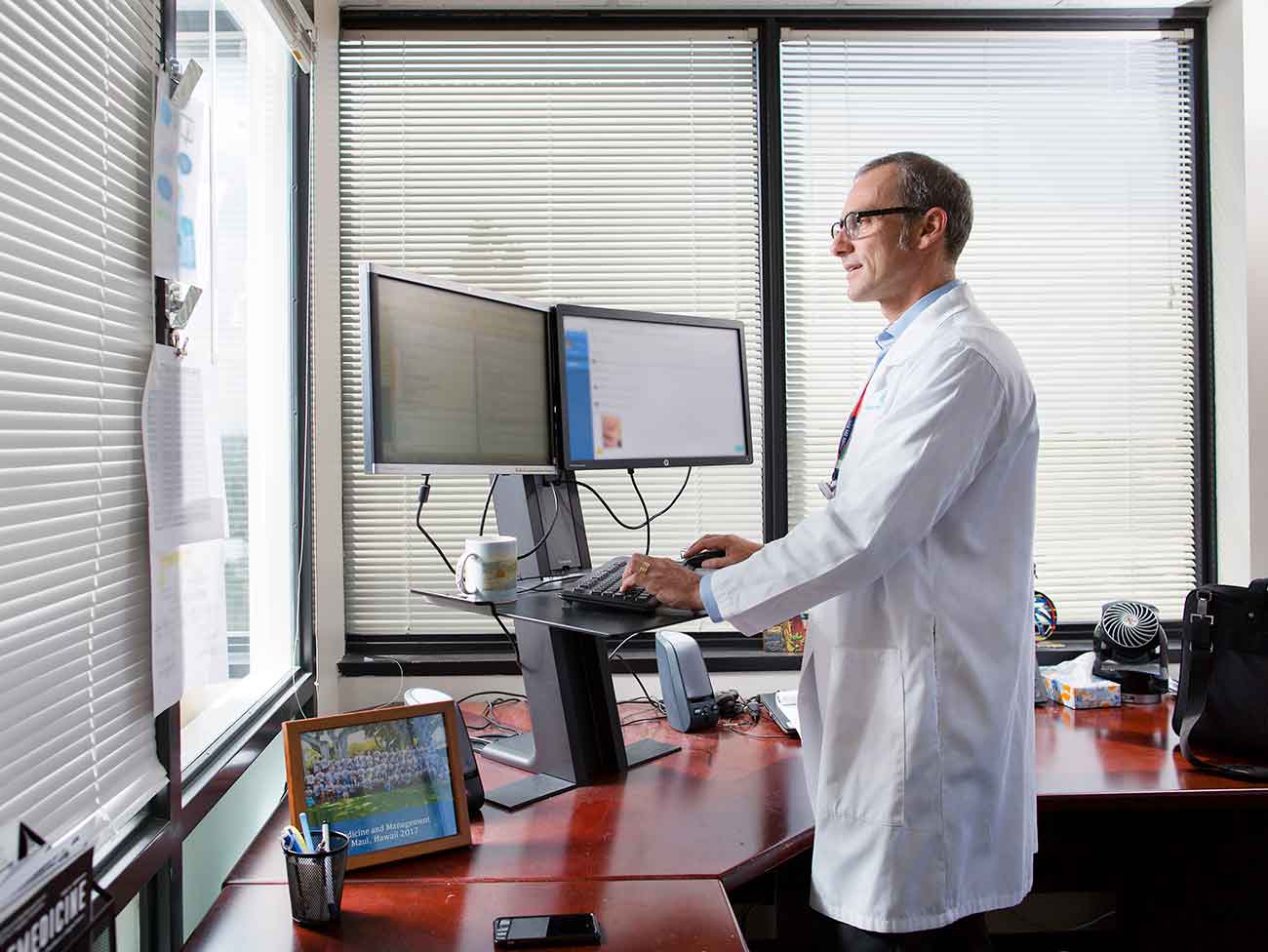
October 2, 2020
Making (virtual) house calls
With expanded telehealth options, Kaiser Permanente members get convenient …

August 12, 2020
Grants support community health in midst of COVID-19
Kaiser Permanente pledges more than $28 million in grants, many to address …
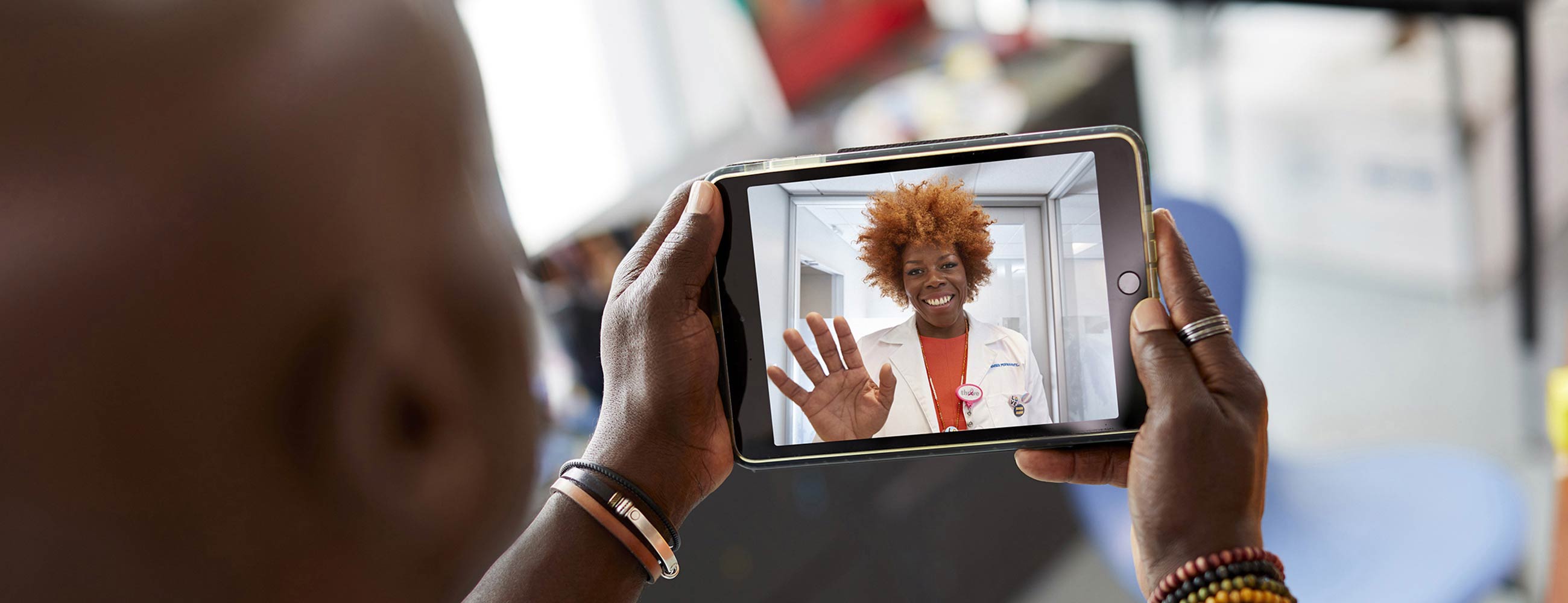
July 31, 2020
Telehealth
Expanding telehealth access

July 1, 2020
A breakout moment for virtual care
Kaiser Permanente’s fully integrated telehealth capabilities place quality …

September 23, 2015
Kaiser Permanente and NASA — taking telemedicine out of this world
Kaiser Permanente International designs, develop, and test a remote health …